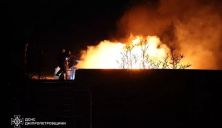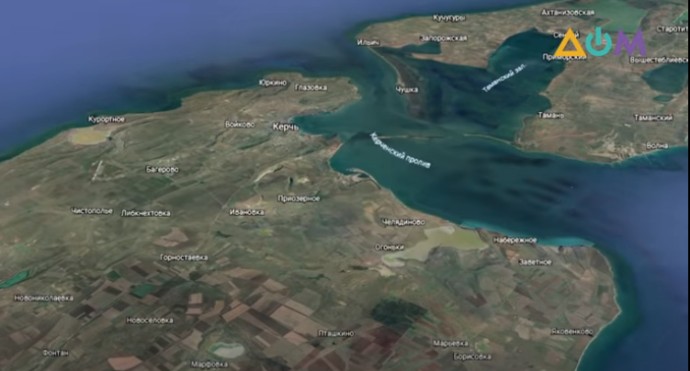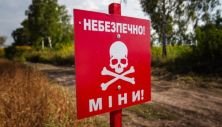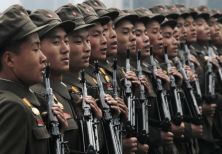In 2003, mobile communications in Ukraine began to displace landlines. Also that year, there was a crisis in Russian-Ukrainian relations amid the conflict over the island of Tuzla. Another period was remembered by the boom of tour operators and visa intermediaries.
We tell about it in the new issue of the documentary series “30 years of Independence” on the UA TV channel.
“Hello, speak faster, I’m running out now”, “I’ll call you back!”, “How’s there no money?” – a typical telephone conversation in early 2003. The subscriber paid not only when he called, but also when he was called. If the subscriber did not have money – you will not call in any way. But this extreme ended in 2003. The Verkhovna Rada made the entrance free, causing a real storm in the market.
At first, the operators were afraid – they thought that with the abolition of paid entrance fees will go bankrupt. But suddenly they realized that they would win. The number of subscribers has increased by 80% over the year – this is more than 6 million Ukrainians. Soon, mobile communications are beginning to displace landlines.
2003 was declared the Year of Russia in Ukraine. In the Russian Federation, this was probably taken too literally. No one ever talked about a small piece of land – the island of Tuzla – until suddenly in September 2003 it became a “hot spot” on the world map.
A sandy piece of land only 3,5 km3 and about 500 meters wide between the Kerch Peninsula of Crimea in the west and the Taman Peninsula of the Krasnodar Krai in the east, a hundred years ago was part of the mainland and joined the Kuban coast until a storm washed away the spit. Together with the Crimea, it left for Ukraine.
On September 29, 2003, the construction of an embankment in the direction of the Ukrainian island began from Taman. The work took place in three shifts – 150 meters of the dam appeared per day.
“Russia was very nervous then, in 2003, because we intensified the process of approaching NATO. I even heard from my Russian military colleagues with whom I was negotiating, with the same Sergei Ivanov: “We will never allow NATO ships to stand in the Rostov-on-Don raid”. If the Sea of Azov is international waters, then any ships can pass” – said Yevhen Marchuk, Secretary of the National Security and Defense Council of Ukraine (1999-2003).
It will take a personal conversation between Leonid Kuchma and Vladimir Putin to stop everything suddenly. Almost a month of construction stops two days before the reunion of Tuzla with Russia, announced by the Russian media.
“The Tuzla provocation was the final part of the Russian Federation’s operation against Ukraine to force it to sign an interstate agreement on the joint use of the Sea of Azov and the Kerch Strait. Simply put, no foreign warships could enter the Sea of Azov after signing this agreement. Even if Ukraine invited, it was necessary to get the consent of Russia and vice versa” – Marchuk said.
For the Ukrainian side, the history of Tuzla will remain ambiguous and disturbing.













